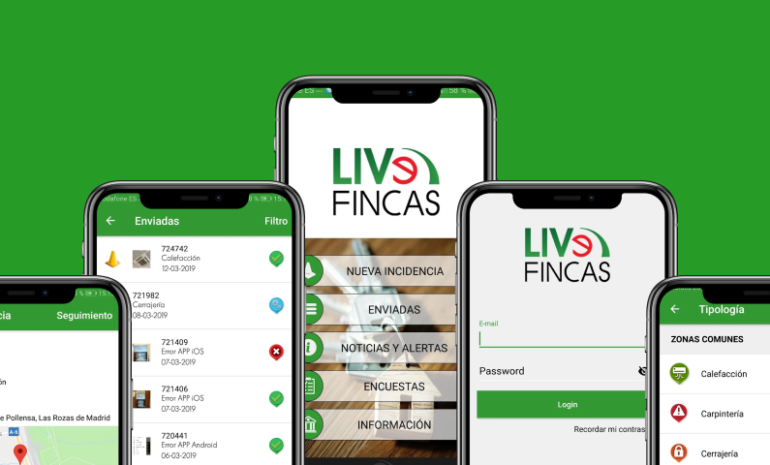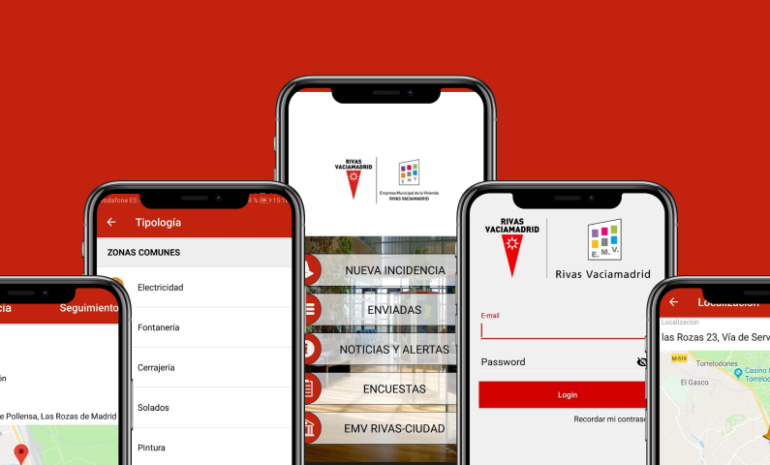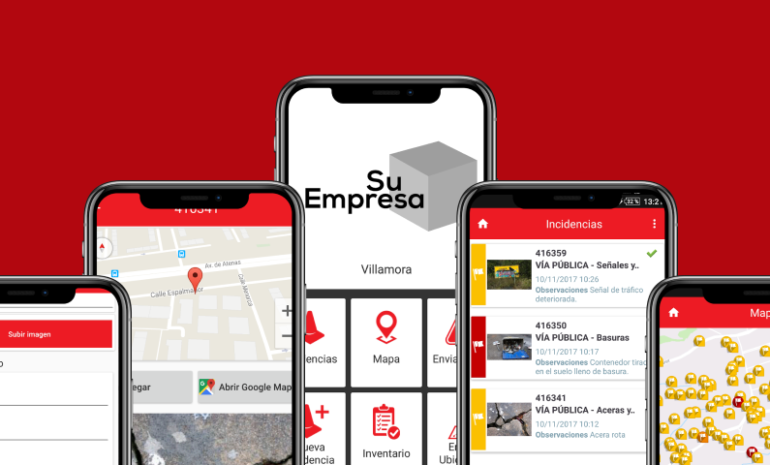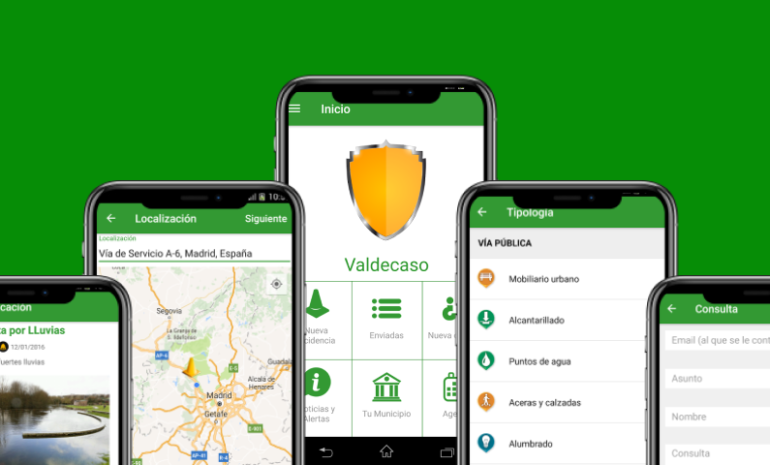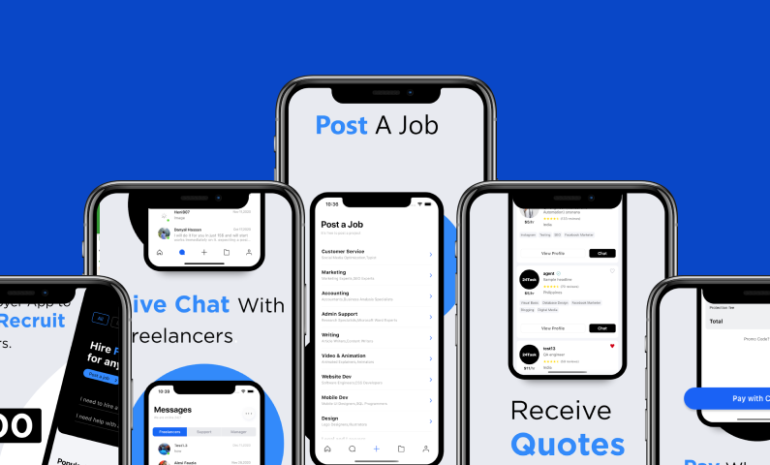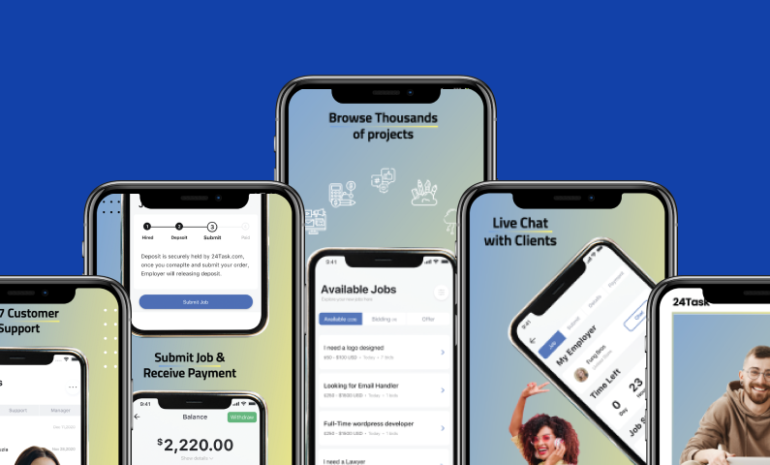

Project Summary
LiVe Gestión de incidencias is a mobile application designed to streamline the management of municipal incidents by local government administrators.
The app allows for efficient reporting, tracking, and resolution of various issues such as infrastructure problems, public safety concerns, and environmental hazards.
It provides municipal administrators with real-time data, enabling them to respond quickly and effectively to incidents reported by citizens.



